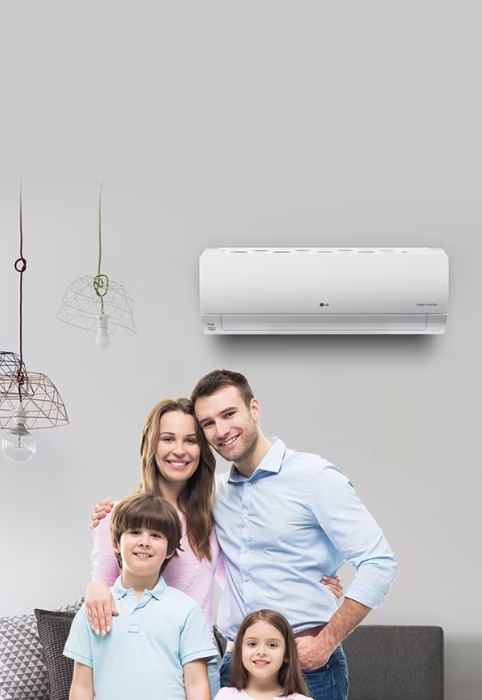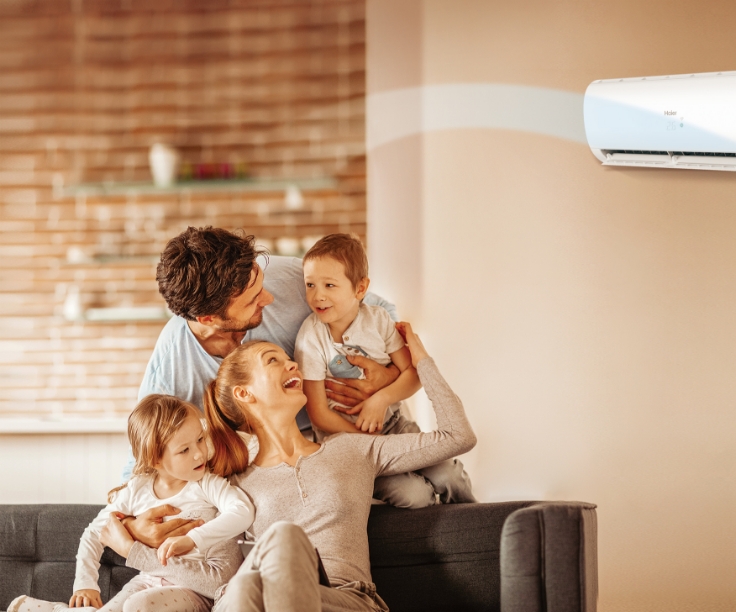The Significance of Air Conditioners in Various Industries
Significance of Air Conditioners cannot be over looked. Residential homes and commercial building alike cannot underestimate the significance or having an efficient air conditioning system. Some of the significance of having an efficient air conditioning system are the facts that you will be saving a whole lots on your bills and 
The types of air conditioners system:
- Window AC systems work as a unit. All of the components—cooled and hot coils, fans, evaporator, expansion valve, and compressor—are all contained within the unit. This is ideal for small rooms and workspaces.
- Large installations include split-system AC units. The hot side, composed of a compressor, a condenser, and a fan, is separate from the cool side, which consists of an evaporator and a blower. The hot side, which creates noise, is installed outside the structure. The problem with using this is the maintenance of ducts.
- Chilled water and cooling tower systems make use of water instead of air to flow through the pipes and coils.
- In geothermal cooling, the pipes underground that contain cooling chemicals and water draw heat from the infrastructure and release it into the ground. This is considered one of the most energy- and cost-efficient among all the cooling systems. A solar-powered air conditioners system is also an option for cooling.
- Another air conditioners system utilises ice, specifically water that is frozen at night, as a source of cool air that a standard air conditioner blows into the building.
The Significance of Air Conditioners and How They Work
One may already be aware that air conditioners work similar to how refrigerators insulate and cool their confined space. Not only do air conditioners alter the temperature in a setting, they alter the humidity as well.
An air conditioners system works by using refrigerants, formerly limited to chlorofluorocarbons or chlorine-based compounds only. However, it was only recently that they were replaced by the more environment-friendly gases. Since they undergo evaporation and are released into the atmosphere, they need to be safe for the health and the environment. Besides them not being flammable, they should easily be converted into gas and liquid and be able to readily absorb heat from indoors.
The refrigerant gas is what circulates through the hot and cooled coils in the air conditioner. The first fan draws the hot air from indoors to the cooled coils, and the second fan expels the hot air from the compressor that converts the refrigerant gas into liquid. This cycle goes on and on and is made possible through electricity, though there are other renewable and more efficient sources of energy.
The Significance of Air Conditioners And Their Use
- In hospitals
To avoid the spread of pathological or disease-causing agents, hospitals need to sanitise their environment and make sure that it is free from moisture. An ideal air conditioners system for hospitals will also have a dehumidifying function.
In special units such as operating rooms, it is important to slow down a patient’s metabolic rate by cooling the environment, besides employing technologies related to hemostasis or temporarily stopping the blood flow. In addition to the operating rooms, private rooms in hospitals need to be conducive for speedy recovery of patients suffering from hyperthermia or high fever and most infections and diseases which are accompanied with an increased body temperature. Air conditioning can provide comfort during a patient’s stay in a hospital.
- In private houses
People who are hypertensive and with cardiovascular health problems are prone to having their conditions worsen when they are exposed to hot environments. Children and the elderly are so sensitive to heat that they should stay in air-conditioned or well-ventilated rooms.
Elevated temperatures in the external environment can cause the cardiovascular and nervous systems of the body to react in such a way that they try to release too much heat, which is usually achieved through sweating. The blood vessels near the skin dilate or widen to let more blood flow through them. The nervous system commands the sweat glands underneath the skin to release heat through release of water from the blood. The evaporation of sweat cools the body.
Increased humidity can hinder the evaporative cooling of the skin. Not only can humidity pose risks to the health of individuals, it can also trigger growth of molds that could result in structural damage of houses over time. Molds can also cause respiratory problems and allergies since they are toxic. Therefore, to ensure the safety of the area, it must be free from moisture. This is where dehumidification becomes an important function of an air conditioners system.
- In offices
If employees are exposed to increased external temperatures, their ability to concentrate is disrupted. They can become irritable, too weak to carry out physical tasks efficiently, and too sluggish to do mental tasks.
Also, computers and other electronic devices need to cool down after being used. Otherwise, overheating can easily destroy these devices’ components. Less heat and humidity means improved work safety; fire is less likely to occur.
- In public venues
Poor ventilation in crowded places such as shops can cause discomfort to some people. Contamination of the surrounding air is also highly likely. Air purification can help reduce the spread of infections.
Not only does an air conditioners system provide comfort to shoppers, it also helps preserve fruits and other perishable goods on stands. The impurities from the room are being filtered through air conditioning, decreasing odor and the chances of contamination, thereby preventing premature food expiration.
Shift from CFC-based Coolants to Environment-friendly Gases
With the increased demand for Air Conditioners, there is ongoing research about the viability of environment-friendly coolants that can help reduce AC emissions’ detrimental impact on the atmosphere. The ozone layer is susceptible to thinning when its molecules, each consisting of three atoms of oxygen, break apart to bond with another element such as chlorine. A single chlorine atom is enough to reduce the ozone layer’s capacity to absorb ultraviolet radiation from the sun. There is considerable damage to the atmosphere, particularly the ozone layer, with continued use of CFC-based refrigerants; their long-term use even resulted in a hole in the atmosphere in the Arctic region.
Since the use of CFCs and other ozone-depleting compounds is banned in some countries, organisations and companies propose using more environment-friendly gases such as carbon dioxide and hydrocarbons that are not mixed with halogens.







